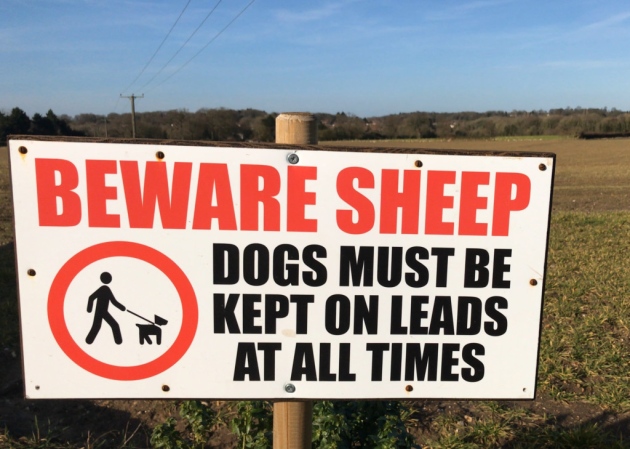7 Laws Dog Owners Need To Be Aware Of.
In the UK, the numbers of pet dogs is increasing. This means its ever more important to have legislation in place to keep people, dogs and communities, safe for everyone. Read our Holidays4Dogs article to learn about 7 laws dog owners need to be aware of.
Controlling dogs in public spaces.
Anyone walking their dog in a public space must, by law, ensure their dog is properly under control. The Dangerous Dogs Act 1991 states that your dog must not be “dangerously out of control” in a public – or private – space. Therefore, this includes;-
Public space – i.e. recreation ground, public footpaths, parkland.
Private space – i.e. your own home, a neighbours garden.
Your dog will deemed to be dangerously out of control if they cause injury to another person. In addition to this, it is crucial to be aware that, if someone feels threatened by a dog (whether or not they are injured), this still falls under the umbrella of a dangerously out of control dog.
So, be aware, even if your dog is being friendly – i.e. jumping up – if someone feels scared by this, you could be fined. Similarly, a court may decide your dog is out of control if it attacks another animal or, another owner is scared of getting injured, while trying to prevent your dog from attacking.
Fines can be unlimited and offenders can even face prison sentence for up to 5 years if the dog injures someone. This can increase to 14 years for owners whose dogs have tragically killed a person.
Livestock worrying.
Livestock worrying is a growing problem in the UK. Many dog owners are, sadly, unaware of what their pets could be capable of when they allow their dog to run free off lead in areas where livestock graze.
The Countryside and Rights of Way Act (2000) states; –
“visitors using their open access rights must keep dogs on a short lead of no more than 2 metres between 1 March and 31 July each year (except in the coastal margin) and at all times near livestock”.
Furthermore, farmers have the right to shoot dogs caught worrying livestock. Finally, the Kept Animals Bill aims to crack down on livestock worrying. The bill gives police more powers to act on incidents of dog attacks on farm animals. Fines for allowing dogs to worry livestock can be up to £1,000.
Identification.
By law, all dogs must be microchipped. It is also a requirement to keep microchip details up to date. However, in addition to being chipped, dogs must wear identification tags. The law states the identity tag must be attached to a collar, or inscribed on the collar plate.
Name and address of the dog’s owner must inscribed on the I.D. tag. The law does not require the tag to have a telephone number on it. However, it would be advisable to include this, as there is more chance of getting a lost dog back quickly.
Dog fouling.
Any owner who fails to clear up after their dog can face a £100 fine. If the case goes to court, fines can increase up to £1,000. In addition, it is an offence in many areas not to have the means of which to pick up dog poop. If you are walking your dog, not having a suitable bag on your person to collect your dog’s mess, is not a viable excuse in terms of the law. Not carrying poop bags in certain districts could land you with a fine.
Shock collars.
While these so-called training devices are still legal in England and Scotland – shock collars are banned in Wales. Campaigners hope that the rest of the country will follow suit very soon and outlaw these training collars which impact heavily on dog welfare.
Walking multiple dogs.
There is no one rule which covers walking multiple dogs together. Instead, local councils set their own rules by utilising Public Space Protection Orders. In some London boroughs, for example, this means no more than 4 dogs may be walked together. In North Somerset the limit is 6 dogs. However, many experts and campaigners believe this is still far too many dogs to walk at once.
Excessive barking.
Continual barking from dogs in the neighbourhood is a common complaint across UK councils. Local councils can take action to stop this under the Environmental Protection Act 1990 where, excessive barking from dogs, is considered to be a “statutory nuisance”. As a result, dog owners who allow their dogs to continuously bark can be taken to court.
Final thoughts.
It is quite important for dog owners to be aware of laws which might affect them. In particular, its advisable to check local byelaws when visiting new districts, as rules do vary from county to county.
Finally, it’s in the interests of everyone to ensure their dog is kept under proper control. Not doing so, can not only land you with a hefty fine, but it means dog owners my face even tougher legislation in the future.





